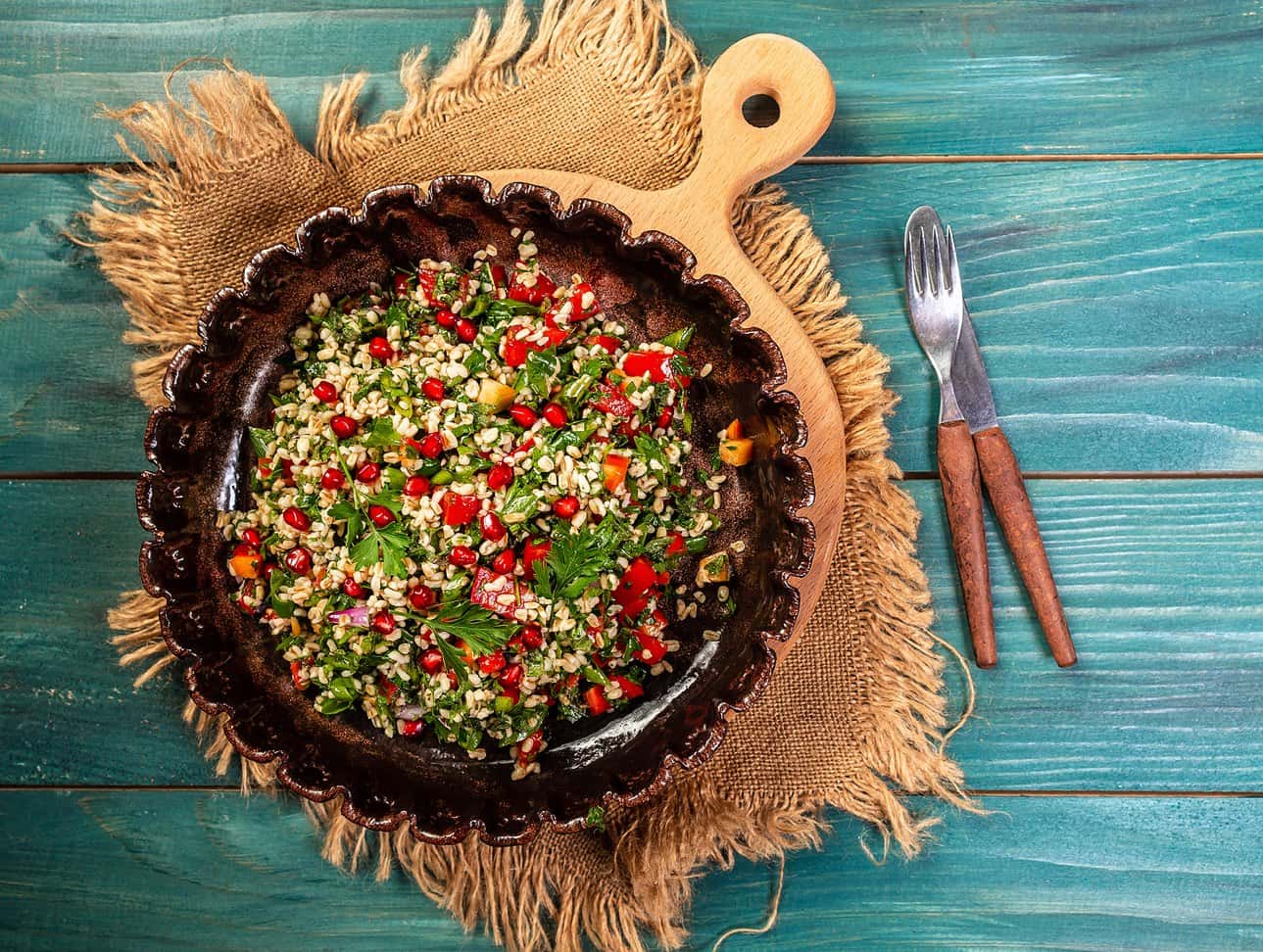
Nutrition experts have long been advising us to eat whole grains, and epidemiologists have evidence that getting three servings of whole grains daily can reduce the chance of an early death. In fact, two separate analyses published previously demonstrate that eating whole grains for a longer life is effective against a range of diseases. What’s more, a brand new study from Framingham supports these earlier results.
Multiple Health Benefits from Whole Grains:
Nutrition scientists at Tufts University analyzed data from approximately 3,000 participants in the Framingham Heart Study Offspring Cohort (Journal of Nutrition, July 13, 2021). The volunteers answered detailed questions about their diets every four years during 18 years of follow-up.
People who consumed three servings of whole grains daily had smaller increases in their waist size and lower fasting glucose levels and blood pressure measurements. These changes were modest. For example, women eating the most whole grains had 8 cm (almost 4 inches) smaller waists compared to those consuming the least. (Men also benefited, but the change was not as big.) Nevertheless, waist size, blood sugar and blood pressure all factor into your risk for heart disease and diabetes. Even small changes in the right direction make a difference. Consequently, this study confirms earlier research that supports eating three daily servings of whole grains for a longer life and healthier heart.
The scientists conclude
“Overall, these findings support recommendations to replace RG foods with WG equivalents, particularly as a dietary modification to attenuate abdominal adiposity, hypertension, and hyperglycemia, and thereby reduce the risk for cardiometabolic disease.”
Should You Eat Whole Grains for a Longer Life?
In a previous meta-analysis, the researchers analyzed data from 12 published studies and from several National Health and Nutrition Examination Surveys (Circulation, June 14, 2016). All told, nearly 800,000 people from the US, the UK and Scandinavia were included in the analysis, which covered the time frame from 1971 to 2010.
Such studies can’t establish cause and effect, but the scientists found a convincing 23 percent drop in the death rate due to heart attacks and strokes among people who consumed three or more servings a day of whole grains. People following this dietary pattern also had a 12 percent lower chance of dying from cancer. Each additional serving of whole grains consumed each day appeared to offer a bit more protection.
More Support for Whole Grains in Your Diet:
The other study considered data from 45 studies (BMJ, June 14, 2016). It came to very similar conclusions. Three servings a day of whole grains compared to none lowered the risk of cardiovascular disease by approximately 23 percent. The risk of dying from cancer was 15 percent lower, while that of dying from any cause was 17 percent less. These studies included whole grain breakfast cereals and whole grain breads, but not white rice or total rice. They definitely did not include refined grain products.
These scientists, like those publishing in Circulation, suggest that their findings support the advice in the current dietary guidelines. Perhaps that is not so surprising, since members of the faculty of the T. H. Chan School of Public Health of Harvard University were among the collaborators on both papers.
How Do You Choose Whole Grains for a Longer Life?
This recommendation to eat more whole grains has been made before, and it often causes confusion. Food manufacturers like to slap the words “whole grain” on their packages to take advantage of the health halo of whole grains. But such products aren’t necessarily good sources of whole grains. For that, it’s important to read ingredients on the label. Make sure “whole grain” or “whole wheat” is the first ingredient in the list.
You may wish to cook your own bulgur, brown rice or barley. For breakfast, choose rolled oats or steel-cut oats rather than quick cold cereals, which are mostly refined grains. Overnight soaking can speed cooking time in the morning. When you buy bread, look for a loaf that is dense and chewy. Its primary ingredient should be whole grain (usually wheat or rye). Select brown rice rather than white as a side. Investigate options like tabouli (in the photo) for lunch or dinner.
Seeds such as quinoa or amaranth can also be good choices. A recent study shows that quinoa consumption can minimize the rise in blood sugar and insulin after a meal (Nutrients, June 16, 2018). Although quinoa is not technically a grain, you could use it as a whole grain and derive similar benefits. That could help in your quest to consume whole grains for a longer life.
Citations
- Sawicki CM et al, "Whole- and refined-grain consumption and longitudinal changes in cardiometabolic risk factors in the Framingham Offspring Cohort." Journal of Nutrition, July 13, 2021. https://doi.org/10.1093/jn/nxab177
- Zong G et al, "Whole grain intake and mortality from all causes, cardiovascular disease, and cancer: A meta-analysis of prospective cohort studies." Circulation, June 14, 2016. https://doi.org/10.1161/CIRCULATIONAHA.115.021101
- Aune D et al, "Whole grain consumption and risk of cardiovascular disease, cancer, and all cause and cause specific mortality: Systematic review and dose-response meta-analysis of prospective studies." BMJ, June 14, 2016. doi: https://doi.org/10.1136/bmj.i2716
- Li L et al, "Effects of quinoa ( Chenopodium quinoa Willd.) consumption on markers of CVD risk." Nutrients, June 16, 2018. DOI: 10.3390/nu10060777

